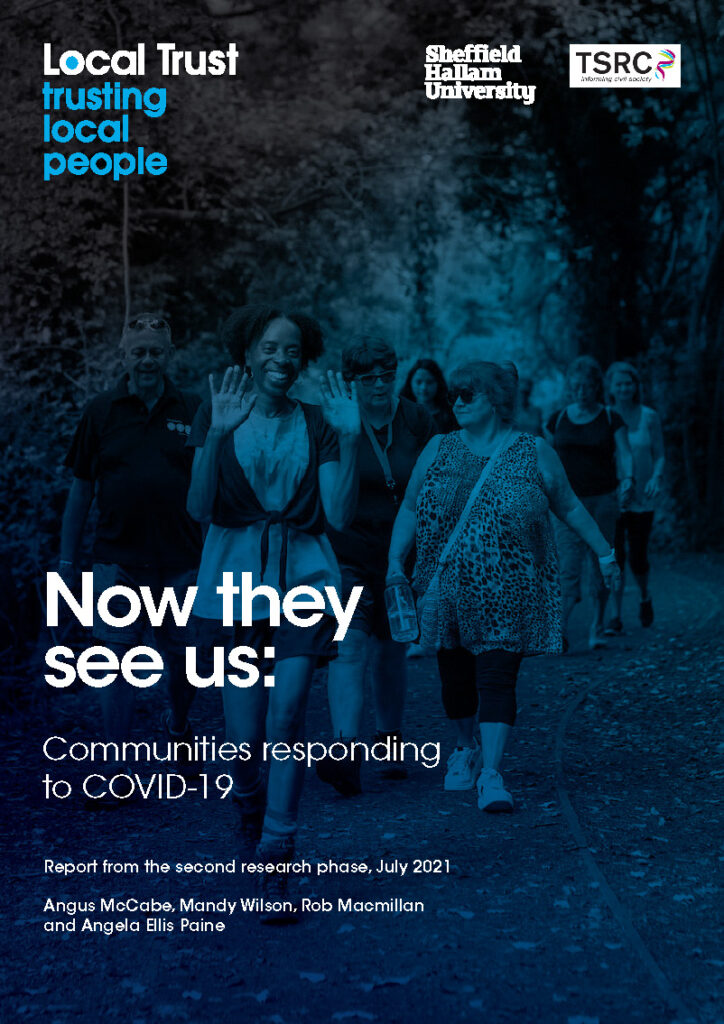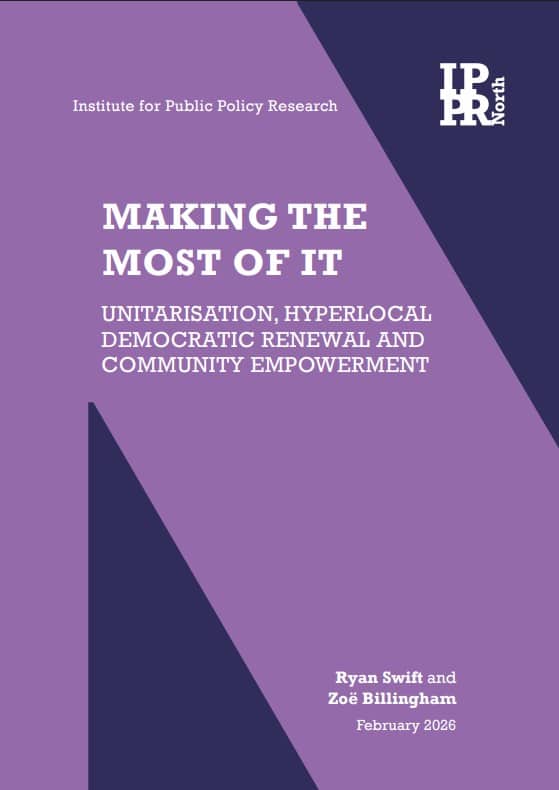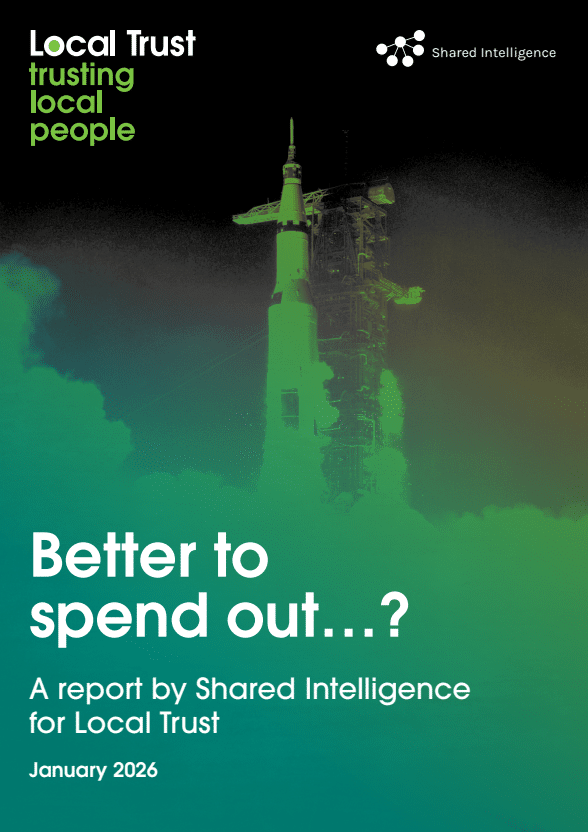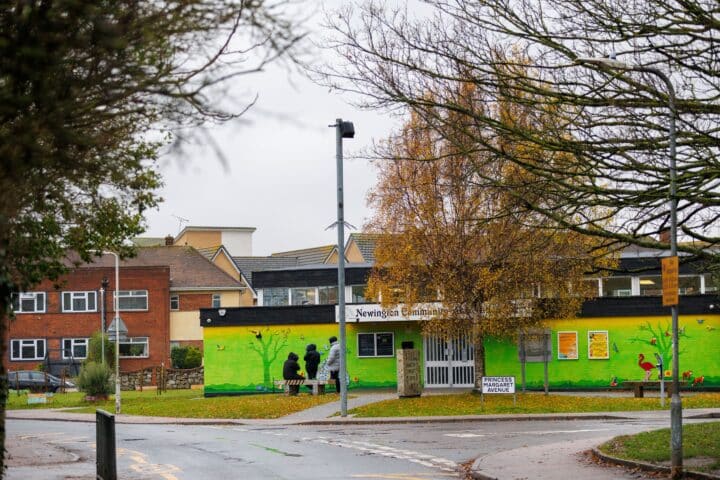Now they see us: Communities responding to COVID-19
Report from the second research phase, July 2021

Six months on from the first-phase report in the study, this research uncovers a remarkable change in relationships between communities and governing bodies through the pandemic, and highlights the significance of established community-led infrastructure in the face of crisis. It bookends a full year of rapid research into communities responding to COVID-19 – a major ongoing study into 26 communities across England by the Third Sector Research Centre (TSRC), commissioned by Local Trust, which began in March 2020.
The paper’s title, Now they see us, is drawn from the words of one of our respondents. It reflects one of the core findings of the second phase of the study: that powerful and productive new relationships between formal and local networks have emerged due to a newfound visibility, recognition and respect for the role communities can play in their own governance – both through crisis and more broadly.
The ‘they’ in the title refers to local authorities, statutory agencies, funders and larger, established voluntary organisations that have through the crisis begun to recognise this value; and ‘us’ to the communities delivering that value themselves. Rob Macmillan, one of the authors of the report, has explored this emerging relationship in greater detail in a blog for Local Trust.
Findings from a full year of rapid research
A year into the study, the benefits of its long-view approach are shining through more than ever. In contrast to the quick and flexible responses of the early stages of the pandemic, we can now see the longer-term connections, strategies and funding methods that have developed and are likely to be fundamental going forward.
It is becoming clear what affects a community’s longer-term survival in a modern crisis: alliances with local authorities; community leadership; digital inclusion; community engagement; financial planning assistance; and, more than ever, relationships.
From this, it is becoming clear what affects a community’s longer-term survival in a modern crisis: alliances with local authorities; community leadership; digital inclusion; community engagement; financial planning assistance; and, more than ever, relationships. The report shows the remarkable adaptability and creativity of some of the most maligned communities in England during the pandemic around these needs – and importantly, the infrastructure that has facilitated their successes.
And the successes have been significant. The study has found that these communities have walked an extraordinary tightrope, simultaneously meeting immediate needs while thinking long-term; working with what existing structures, services and networks they could while actively developing new ones; and providing open access to services (such as foodbanks) while successfully regulating provision.
These findings point to the significance of ready and resourceful communities – and crucially, to the fact that established infrastructure (or lack of it) greatly affects a community’s resilience through hardship.
These findings point to the significance of ready and resourceful communities – and crucially, to the fact that established infrastructure (or lack of it) greatly affects a community’s resilience through hardship. It makes a strong case for the need to support community-led infrastructure through the development of Big Local-type models in many more areas – especially those most economically deprived.
After one of the most challenging years for communities in living memory, and with yet more uncertainty ahead, Now they see us offers a unique overview of where communities have innovated, and where they have struggled – as well as offering keen insights and analysis for the future (and the next phase of the research) based on those findings. While celebrating the extraordinary efforts and successes of these 26 communities through the crisis, it aims to show clearly what communities everywhere need in order to keep going – no matter what comes next.



